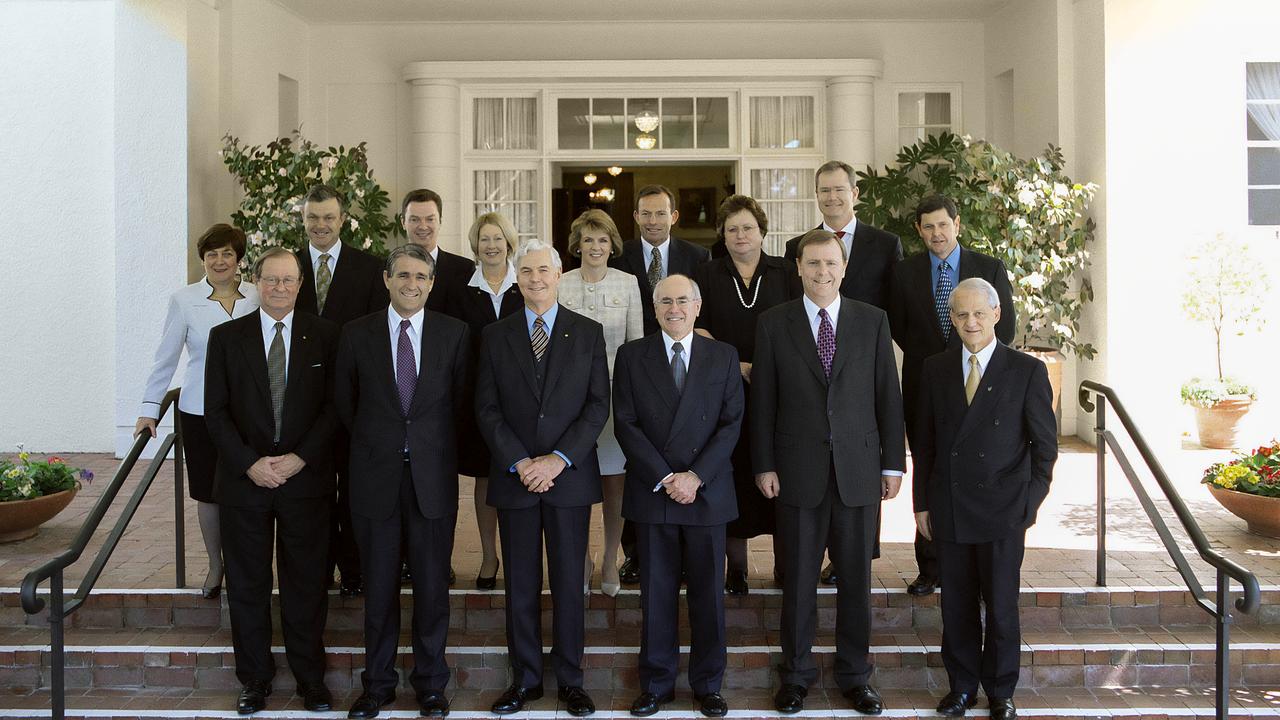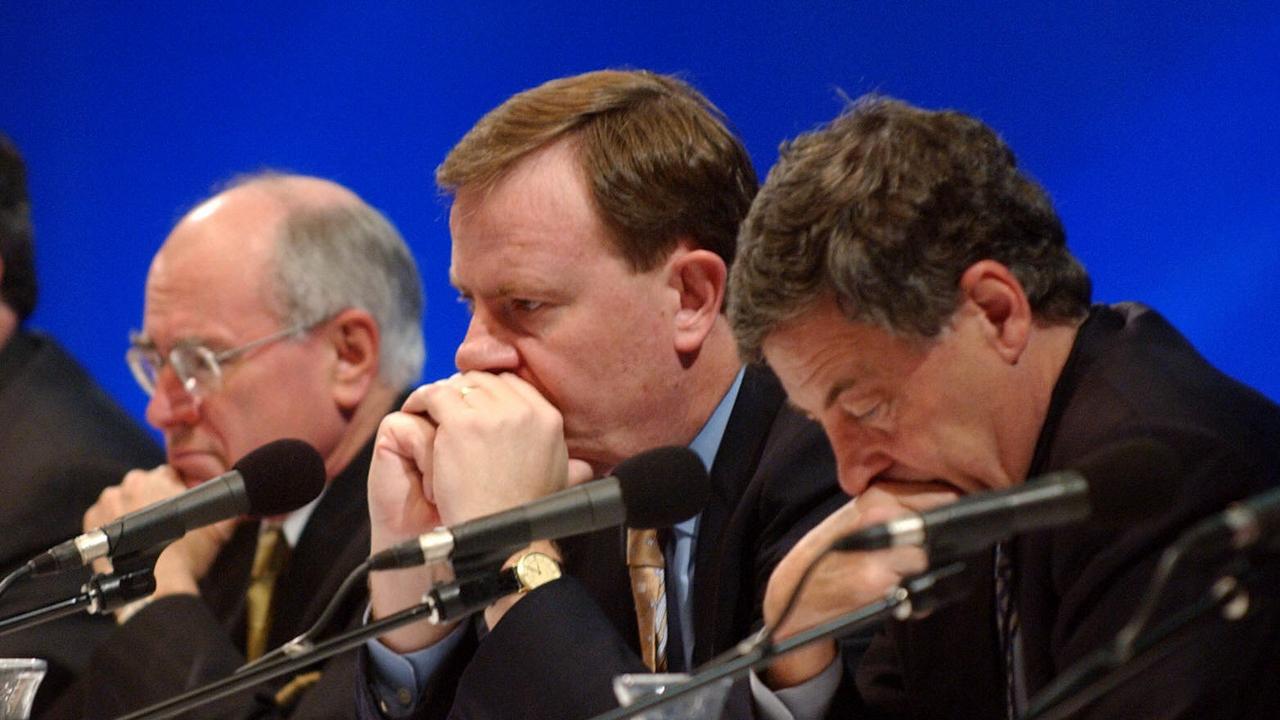Cabinet documents from 2003 reveal carbon trading scheme Australia almost had
A former Liberal minister says he regrets ‘not going harder’ on one specific issue, as 20-year-old cabinet documents reveal how close Australia was to a major change.
A decade before Labor’s contentious carbon trading scheme was introduced, the Howard government toyed with the idea of implementing such a program to take action on climate change.
Now, a former environment minister who had a plan to progress such a scheme 20 years ago, says he could have pressed harder because doing so would have put Australia in a “much better position” now.
A tranche of documents, released on Monday by the National Archives of Australia, show cabinet considered whether or not to progress a broadbased trading scheme, which had first been considered in 2000.
Climate change had emerged as an issue in the years prior, but the Howard government had decided in 2002 not to ratify the Kyoto Protocol. It instead adopted the Mandatory Renewable Energy Target.
A year later, a number of submissions were put to the cabinet for different options for the group to consider, as part of the government’s broader forward strategy on climate in what historian David Lee notes was a response to “electoral pressure” to take action on the issue.

In a submission to cabinet – then-environment minister David Kemp, along with treasurer Peter Costello, acting industry minister Joe Hockey and foreign affairs minister Alexander Downer – had recommended a “mandatory national emissions trading system”, albeit one that would not be introduced before 2012 “unless it was in the national interest to do so”.
By the end of the year, the cabinet had decided against such a scheme – with then-prime minister John Howard opting to hold on to the policy idea until his 2007 re-election bid.
It was not until 2012 that Labor introduced the scheme – mired in its own controversy. It went on to be repealed by the Abbott government in 2014.
A cabinet document from September 8 notes an oral report from Mr Howard on “his meeting with industry leaders, who expressed opposition to any government announcement of a disposition toward emissions trading as the preferred policy instrument for managing future emissions”.
The minute noted that “in the absence of a global approach, any greenhouse policy approach which discouraged investment in Australia would provide no global environmental benefit and involve economic costs to Australia”.

Robert Hill, who served as environment minister until 2002 before assuming the defence portfolio, said with 20 years of hindsight now available to him, he regrets having not gone harder.
“I think if we had pushed harder from the beginning, which was maybe a criticism of me as environment minister, maybe I should have pushed harder on it in those first two terms of the Howard government, we may as a country now be in a better position than where we are in tackling (climate change),” Mr Hill said.
“If we had gone harder on a broadbased, economy wide trading scheme, we would have exceeded the Kyoto target by more than we did, and we would be further advanced than we are now.
“Perhaps we didn’t quite appreciate the urgency, I think we could have done more in the early years than what we did.”



